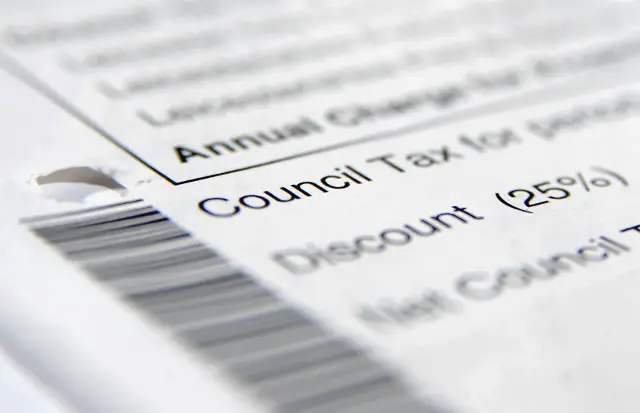Fewer people are claiming reduced council tax on Isle of Wight this year, compared with 2017.
Between April and June last year, 11,626 people were receiving some form of council tax relief, according to Ministry of Housing, Communities and Local Government figures.
However over the same period in 2018, that number had dropped to 11,108. That’s a 5% decrease. Across England there were 3% fewer claimants overall.
Who can claim?
People can be eligible to pay reduced council tax if they are on a low income, claim benefits or a pensioner.
The Government sets the rate at which pensioners pay council tax, however individual local authorities decide on working claimants.
2018 reduction in support
Earlier this year (2018) the council adjusted council tax support down from 80 per cent to 70 per cent, which means that for those who qualify, IWC will subsidise their council tax bill to the tune of £7 out of £10 payable instead of £8 of every £10 payable. This measure was introduced to save the council £500,000.
A cumulative figure of almost £7m remains uncollected by the Isle of Wight council as at 31 March 2018.
Reduction in those claiming
On the Isle of Wight the number of pensioners claiming council tax relief dropped by 242 last year, and the number of working age claimants reduced by 276.
In 2013 the Government stopped fully funding council tax relief.
The Local Government Association believes this could have affected people on low incomes, and is urging the MHCLG to take back control of the reduction programmes.
LGA: Councils have little choice but to reduce discount
A spokesman said,
“Council tax support schemes are no longer fully-funded by central government, with £1.7 billion – nearly half of the original funding – removed between 2013 and 2020.
“As a result, more than 573,000 households no longer received council tax support in October 2017 in comparison to October 2013.
“No one wants to ask those on the lowest incomes to pay more but many councils have been put in an impossible position.
“Faced with significant cuts to the money they have to look after the elderly and disabled, protect children, repair the roads and collect the bins, many councils have had little choice but to reduce the discount.”
Article shared by Data Reporter as part of OnTheWight’s collaboration with Press Association and Urbs Media





